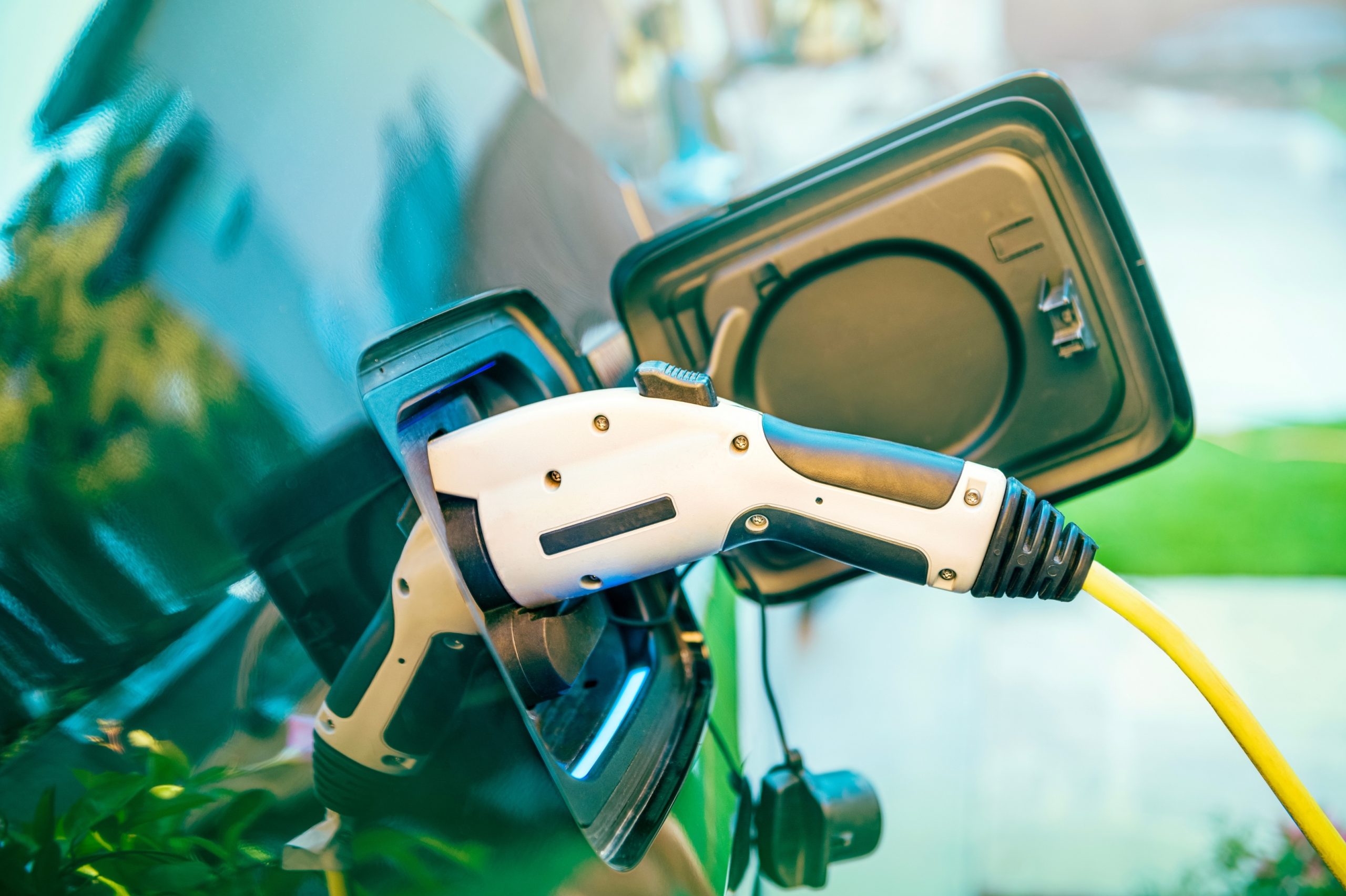Why Europe’s Electric Future Depends on EV Battery Recycling

Record Sales, Rising Responsibility
In the first five months of 2025, Europe registered over 954,000 new battery-electric vehicles (BEVs) – a 27% increase compared to the same period in 2024. BEVs now account for 17% of all vehicles sold, up from 13% last year, according to Dataforce.
In the UK, the growth trend is similar: April alone saw 24,558 new BEV registrations, marking an 8.1% year-on-year rise and a 20.4% share of the total market, according to SMMT.
This unprecedented uptake signals progress in Europe’s transition to zero-emission transport, but, as the number of EVs on the road increases, so too does the volume of end-of-life lithium-ion batteries.
The Recycling Imperative
Europe is on the clock. From 2027, new EU regulations will require 85% of battery materials to be recovered and recycled, a benchmark that demands industrial-scale solutions and robust infrastructure.
At Recyclus Group, we’re addressing this head-on. Our LiBatt plant in Wolverhampton is actively processing industrial-scale volumes of lithium-ion batteries, producing high-quality black mass and diverting hazardous waste from landfill.
The sheer scale of the challenge is significant. By 2027, Europe is expected to have enough battery factories to produce 1.5 TWh of cells per year, enough to power 18 million EVs. Every one of those vehicles will eventually require a recycling pathway, as demand for end-of-life processing grows in parallel with production.
Global Competition and Supply Chain Pressures
Europe’s battery supply chain faces increasing pressure from rising costs, evolving regulations and intense global competition.
Chinese manufacturers like BYD are outpacing their European rivals by producing more affordable EVs and scaling production rapidly. In 2024, BYD’s output of 3.6 million vehicles alone was double that of Tesla (Automotive News Europe). With Chinese brands entering the European market aggressively, the ability to localise recycling and reclaim critical battery materials has become a strategic priority.
At present, the average EV price in Europe is €47,000, compared to just €31,000 in China. To stay ahead in the market, European OEMs need to cut costs by embracing recycling as a key strategy to achieve that goal. By recovering valuable materials like lithium, cobalt, nickel, and manganese from used batteries, we help reduce reliance on virgin mining, support price stability, and close the loop in the battery value chain.
A Call to Action
Europe is clearly committed to electrification. But the long-term success of this transition hinges not just on how many EVs we build and sell, but on how well we manage their lifecycle.
The future of mobility is circular. At Recyclus Group, we’re not waiting for the next chapter, we’re advancing the infrastructure today.
Learn more about our lithium-ion recycling solutions and how we’re supporting OEMs, local authorities, and battery producers by getting in touch with a member of our team today.
